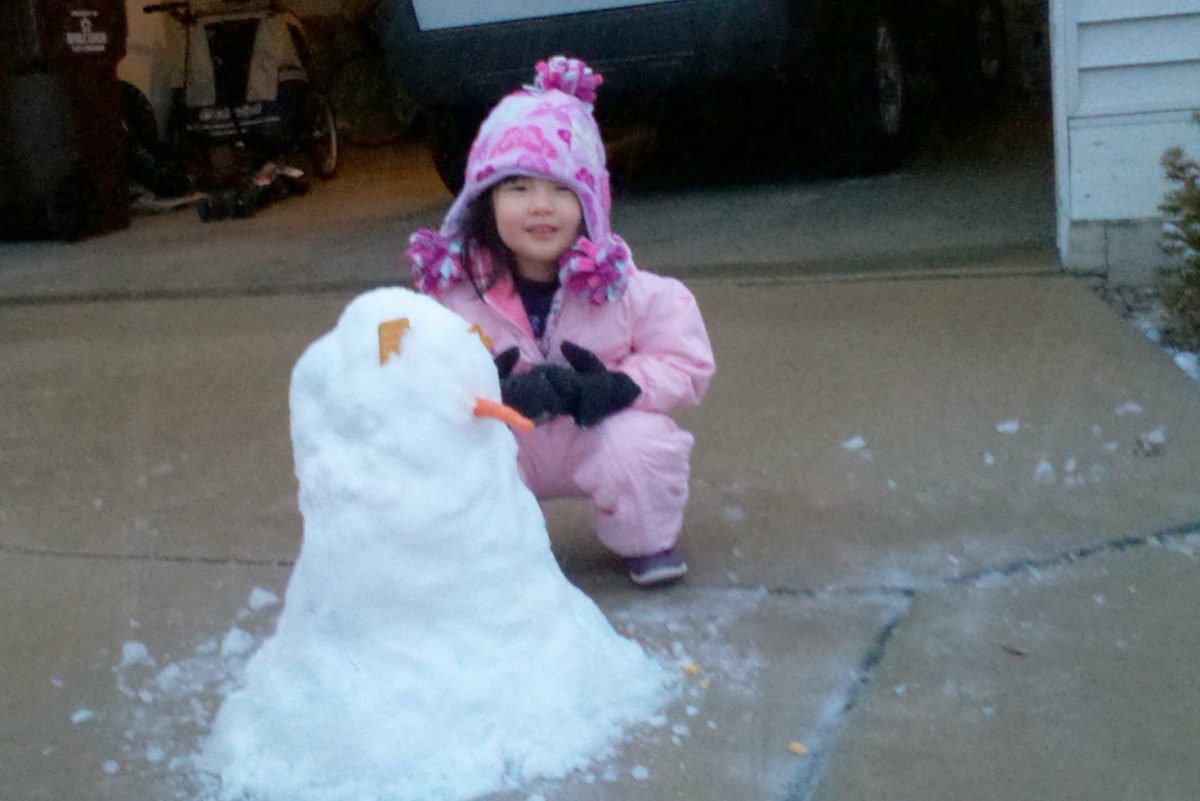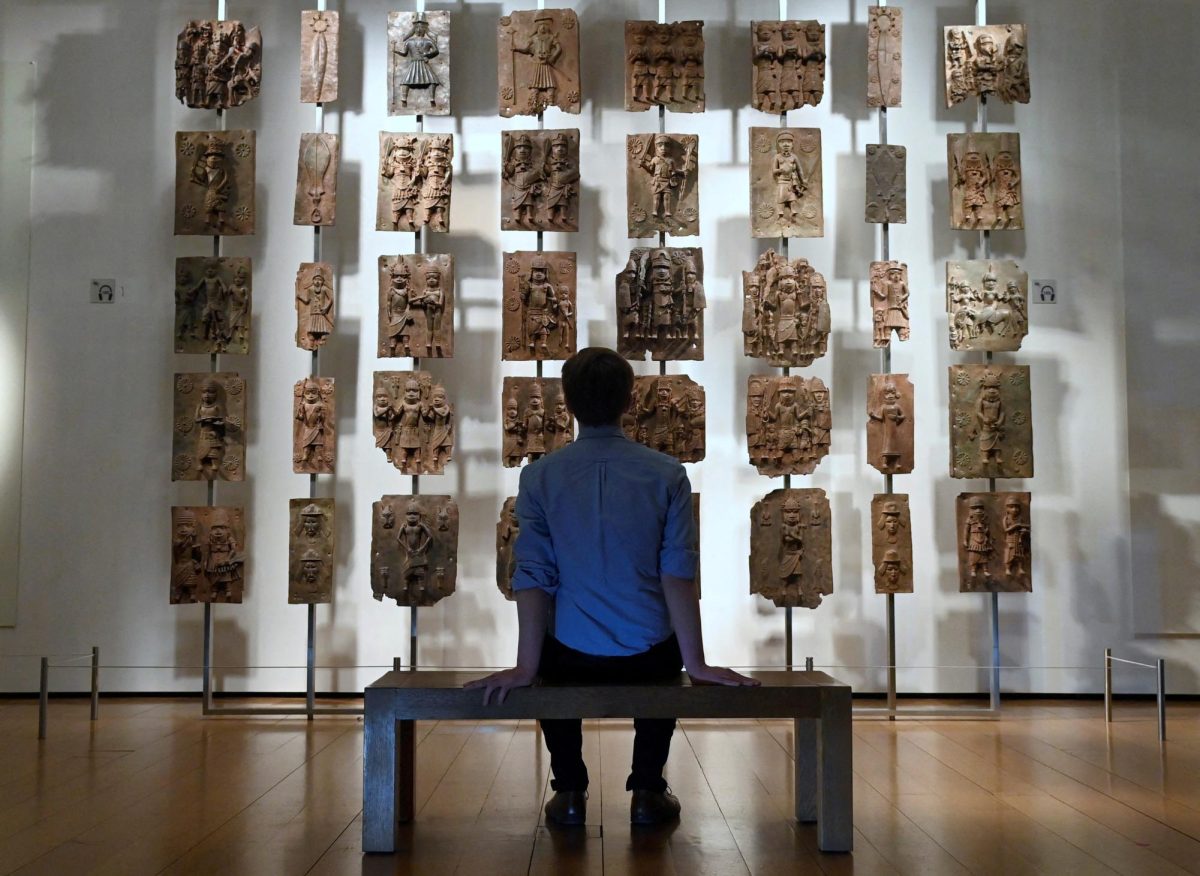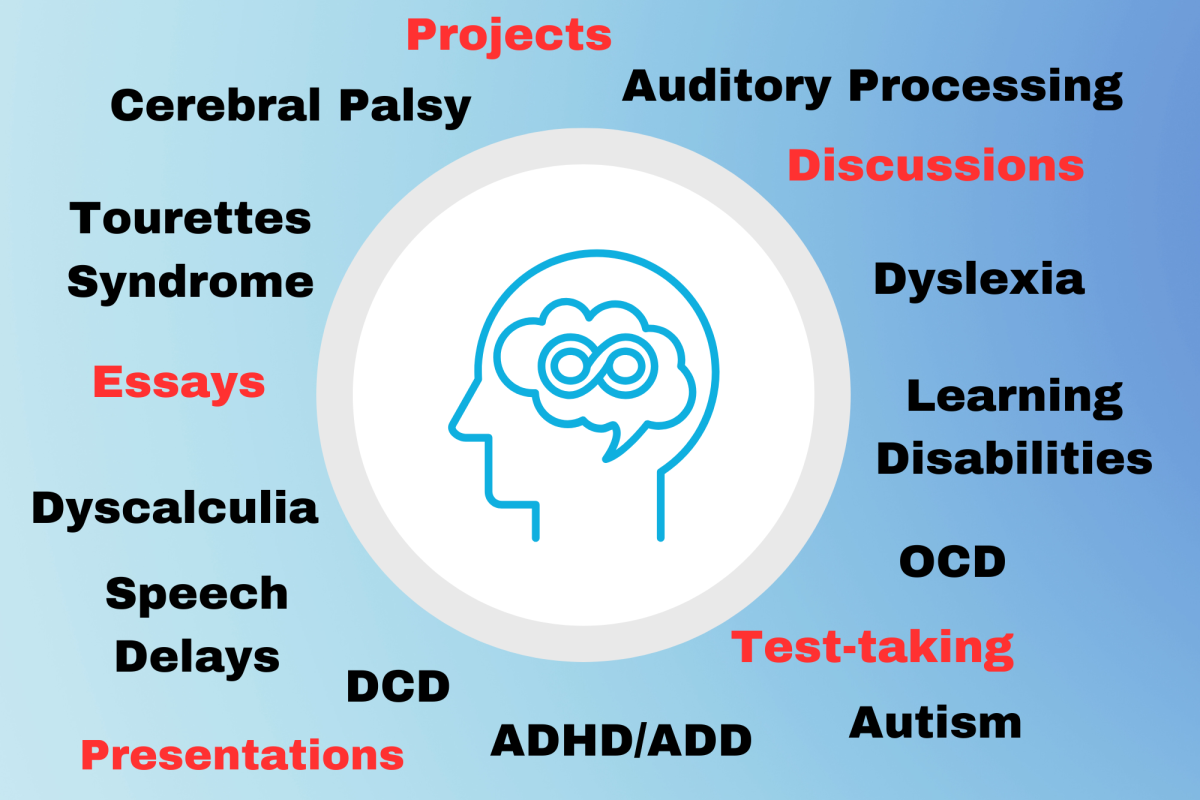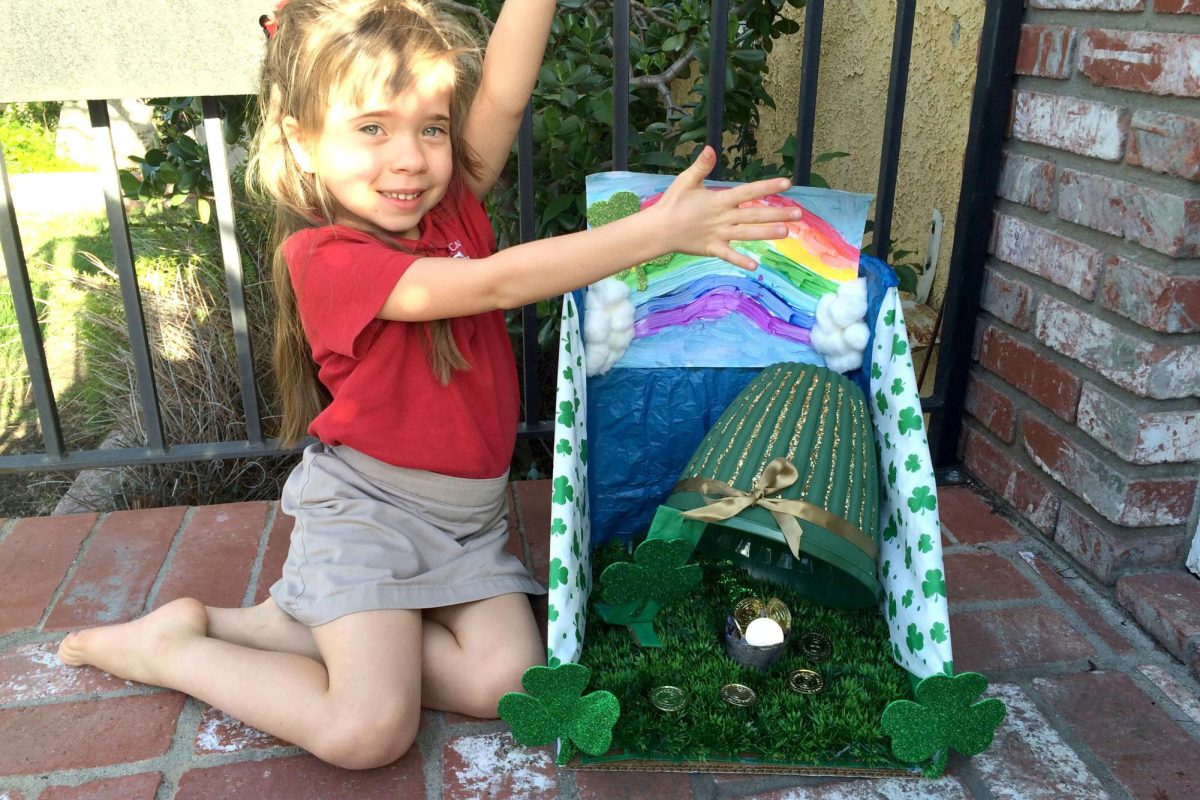Siblings have fought with each other across all eras, countries, and cultures. In multiple religious texts, brothers Cain and Abel, competed for the approval of the Lord. In Greek mythology, siblings Ares and Athena fought on opposite sides of the Trojan War. Even today, disputes between siblings can escalate to the extreme. My friends with siblings get into petty fights with each other all the time. It’s mostly over silly things — like who snuck the other’s favorite shirt out of their closet, or which one can come up with the most offensive insult towards the other — but these arguments sometimes spiral into something more serious.
Growing up without siblings, I never experienced this kind of conflict. I’m happy to have had fewer arguments in my life, but it sometimes feels like I missed out on something essential. People often tell me I don’t seem like an only child, but those with siblings often have a different idea of what that really means. Is it the lack of constant rivalry and the absence of someone to steal your clothes or argue with? Or is it something more profound — the absence of a built-in best friend to navigate relationships and the world?
Only child syndrome has a negative stigma. We are stereotypically thought of as children who are spoiled, selfish or lonely, and who always get our way. Some think it would be depressing to be an only child, and some only children do develop negative personality quirks.
Sometimes, the stereotypes are true. Studies, including Falbo and Polit’s 1986 analysis, found that only children often receive more attention and resources from their parents compared to children with siblings. I was definitely spoiled with an excess of love as a kid, but it’s not a negative thing for your parents to give you more attention and time. This leads to higher self-esteem and academic achievement. Without my parents’ perpetual support and attention, my relationship with them could have been weaker.
It’s also true that I could be quite selfish when I was young, hesitant to share snacks and toys with other kids. Specifically, I remember a winter day when my selfishness got the better of me. My classmates were playing outside in the snow, bundled up and puffy, waddling around the playground like little penguins. I refused to let a girl borrow my plastic toy shovel, so she snatched it from my hands before smacking me in the head with it. I never played with her again, but that day, I learned that sometimes you have to share or face the consequences.
I’ve gained many life skills thanks to my lack of siblings. To me, being an only child means comfort in independence, a boost in creativity and more love than I’ll ever need.
I’ve never been embarrassed or afraid to go places alone, and I credit this to my isolated upbringing. I know some people with siblings who are afraid to do things by themselves, thinking they might be perceived as a loser with no friends, but these anxieties have never bothered me. A study by Project Talent showed only children are more interested in solitude than their peers with siblings. Oftentimes, I prefer to go to a cafe to study or out on a walk alone because it gives me time to recharge and think. Although the fear of being alone and having siblings aren’t mutually exclusive, it seems like there’s definitely some overlap.
Ever since I was a kid, I’ve had to find comfort in my own company. Sure, I had friends, but I couldn’t live with them all the time. I would build up imaginary worlds with colorful blocks and create narratives with my perpetually smiling dolls and their plastic convertibles. I even had an imaginary friend who could act as anything from a wise wizard to a collaborative doctor. Now, I’m proficient at playing chess on both sides of the board, and I’m a solitaire savant. Although playing alone wasn’t my first choice when I was young, it was an outlet to develop independence and creativity.
Ultimately, being an only child doesn’t mean I’m spoiled, lonely or self-absorbed; it means I’ve grown up relying on myself and valuing meaningful relationships and independence. People may still hold on to the idea that the only child experience is inferior to the experience of those who have siblings, but my background has shaped me into someone who doesn’t need siblings to feel fulfilled. Not only have I avoided sibling rivalry by being an only child, but I have also gained more confidence in myself. If you can’t be there for yourself, who can?
















